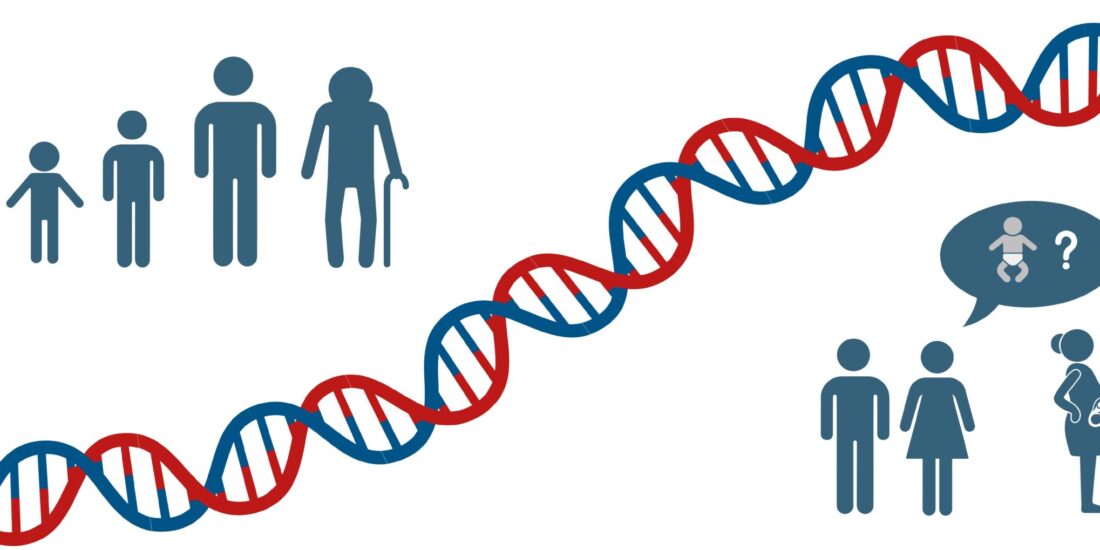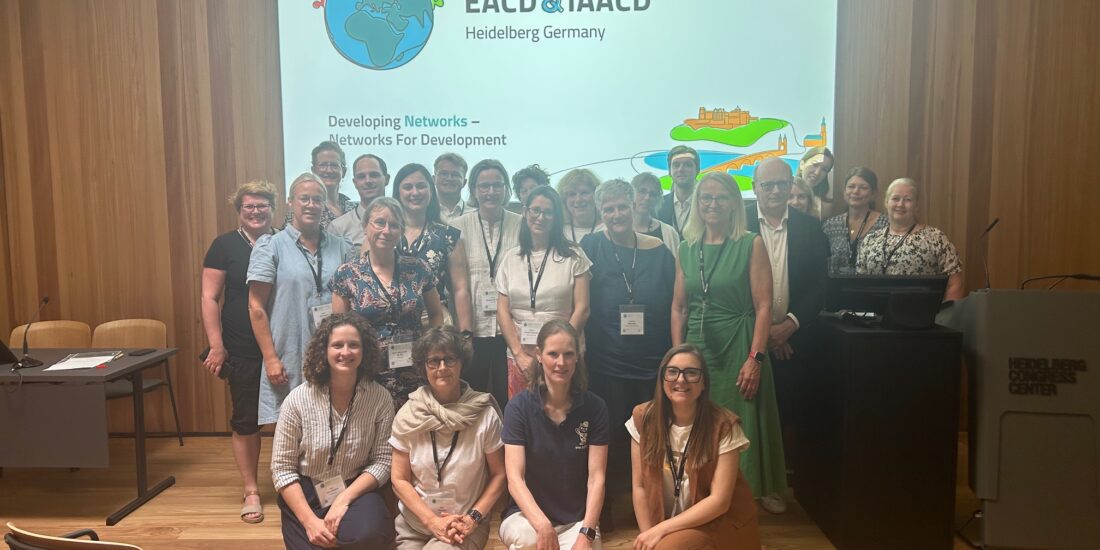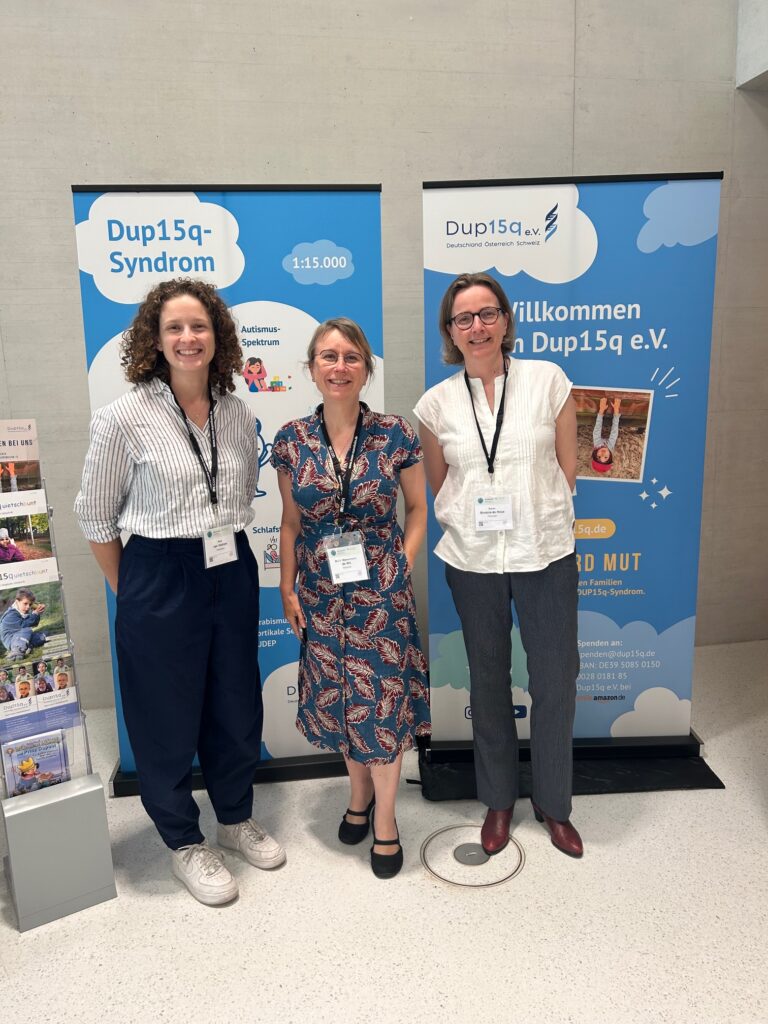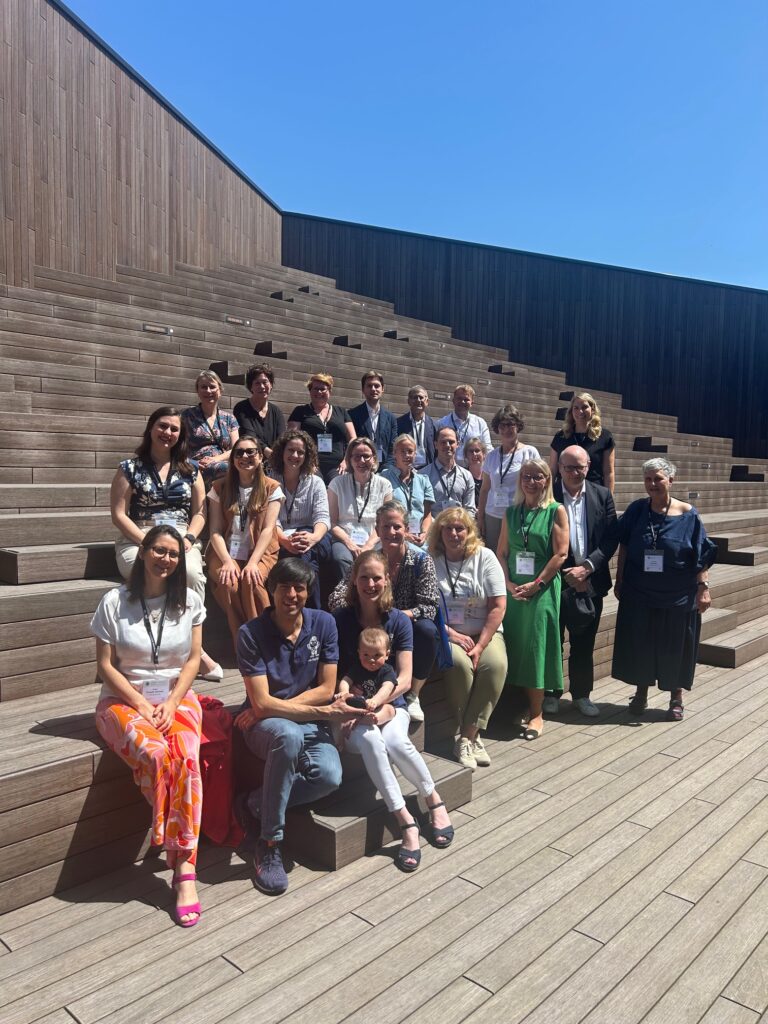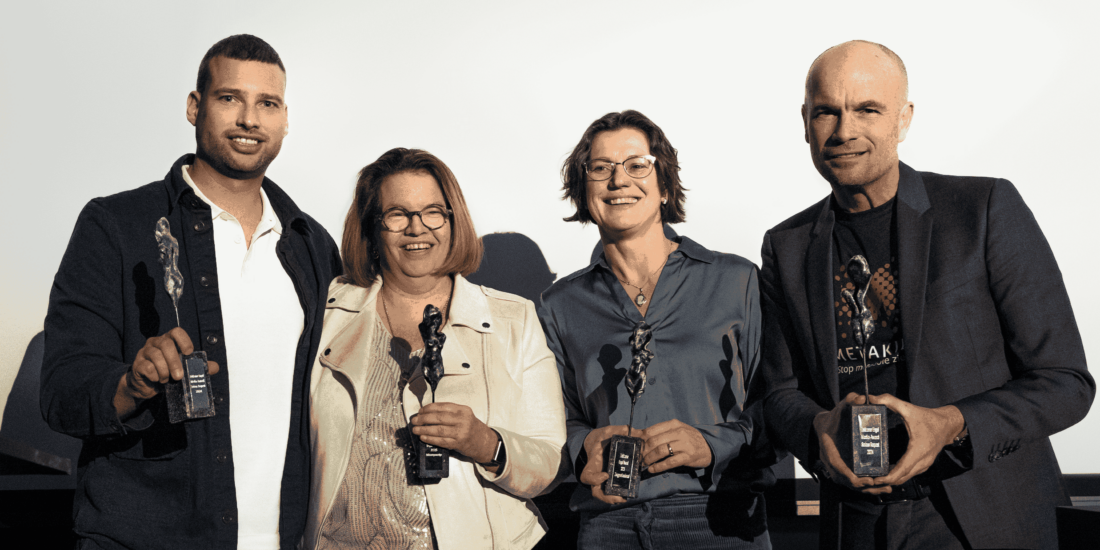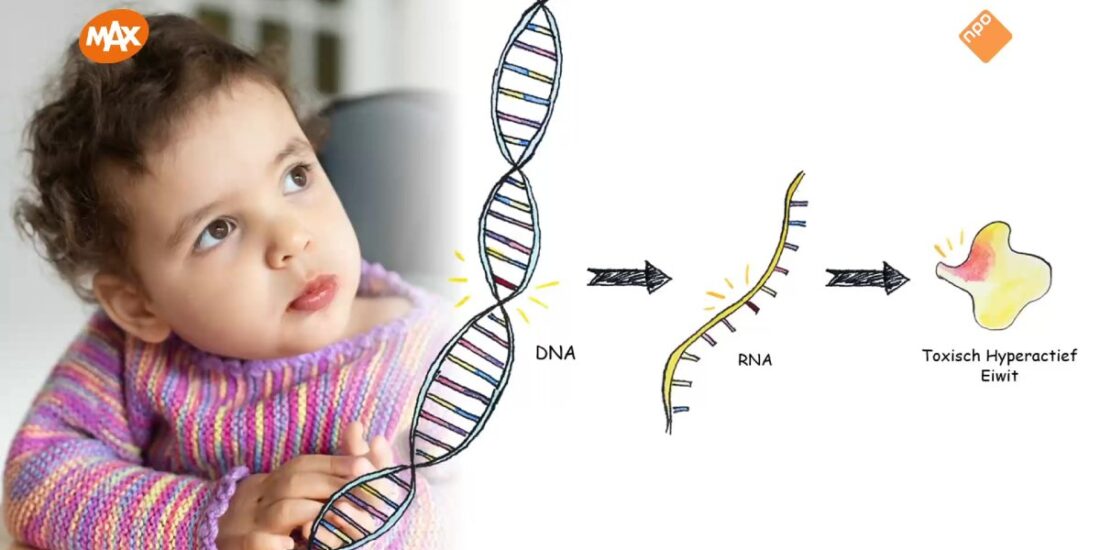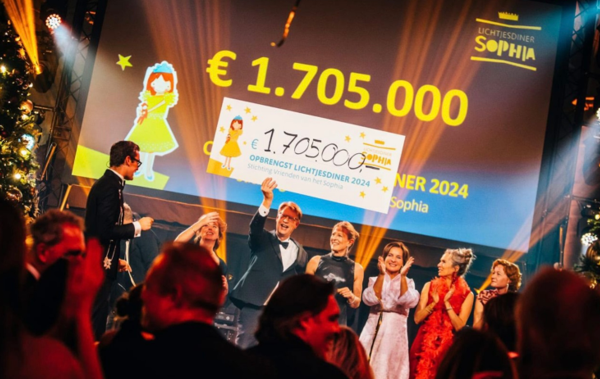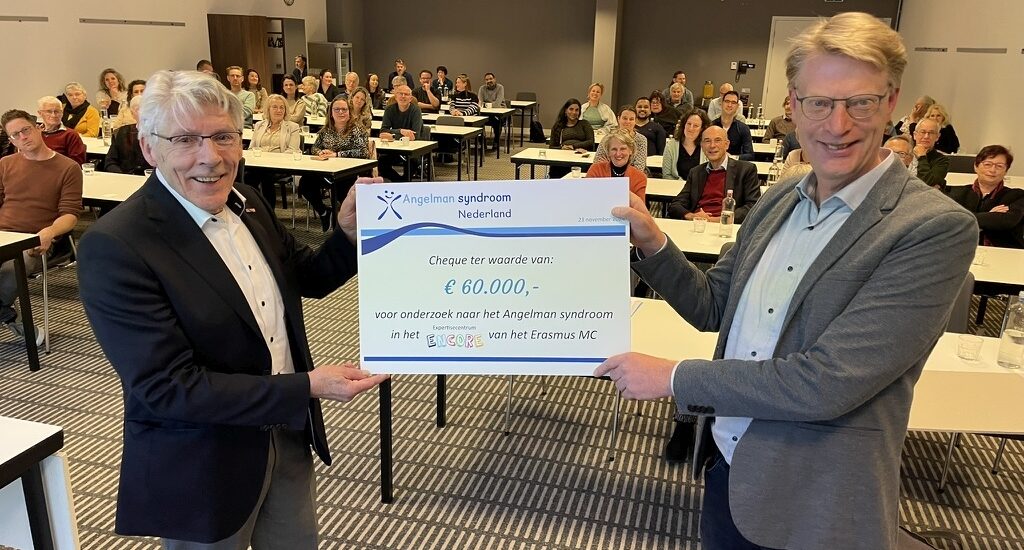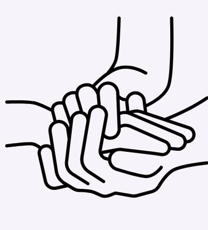16 March 2026 NF1 network day in MUMC, Maastricht
The annual refresher and further training on NF1 for healthcare providers.
The theme of the NF1 Network Day on March 16, 2026, in Maastricht is: Neurofibromatosis type 1, genes, and growth. In addition to relevant clinical topics, we also offer a platform for scientific research. Researchers can present their work to the NF1 network through short, powerful pitches.
For more information about the program and to register, please click here: NF1-netwerkdag 2026 | Klinische Genetica
VENI grant for Dr. Reijnders
Dr. Margot Reijnders, clinical geneticist, has been awarded a Veni grant from the Netherlands Organisation for Scientific Research (NWO).
838 / 5,000 The funding will allow Margot to further develop her own research ideas. She will investigate the genetics of rapidly growing brains. To properly treat and cure children with this condition, it is crucial to find the error in the DNA. Reijnders: "This has proven difficult, because the so-called mosaic DNA errors are hard to detect. This research ensures that these errors can be detected more easily using the latest techniques. As a result, diagnoses can be found in children who have often been waiting for them for years. This provides a future perspective for the children and clarity about the risks of recurrence for parents who still wish to have children." In addition, she will set up a national database containing all medical data of patients with a genetic diagnosis.
Link: Veni grant for seven young scientists – Amazing Erasmus MC
Angelman TANGELO study results published
Several children with Angelman syndrome from the Angelman outpatient clinic of the ENCORE expertise center participated in the TANGELO study. This study has now been completed, and the results have been published in the medical journal Nature Medicine.
The full article is available here .
Thanks to the parents and children who participated, it was possible to achieve this result, many thanks for that!
Angelman Syndrome: New Treatment Studied in Children
Angelman Syndrome (AS) is a serious hereditary condition that affects brain development. Children with AS often have difficulty speaking, moving, and learning. Currently, there is no treatment that addresses the underlying cause of the condition.
The disease develops because a specific gene in the brain, the UBE3A gene, malfunctions. A new drug, rugonersen, aims to reactivate this gene. This drug is specifically designed to reactivate the father's "deactivated" gene.
An initial study (phase 1) was conducted with 61 children between the ages of 1 and 12. The goal was to determine whether the drug is safe and well-tolerated. The children received varying doses of the drug, and the study was conducted at multiple sites.
The main finding was that the drug appears to be safe for children. The study also examined how the drug works in the body and whether there were any changes in brain activity and behavior. The results showed that the drug could partially improve some abnormalities in the brain waves of children with AS. There were also signs that some children made progress in their development.
These initial results are positive and give hope that rugonersen can be further developed as a treatment for Angelman Syndrome.
——————
The company Hoffmann-La Roche has previously sold the drug Rugonersen to another company: Oak Hill Therapeutics (see Oak Hill Bio Enters into Exclusive License Agreement with Roche to Obtain Global Rights for a Phase 3-Ready, Potential Best-in-Class Treatment for Individuals with Angelman Syndrome – Apr 15, 2025 and Oak Hill Bio Announces Publication of Rugonersen Phase 1 Study Results in Nature Medicine)
They are setting up follow-up studies and making this medication available to participants in the Tangelo study who wish to continue treatment. We are very curious to see what this will mean for all children with Angelman syndrome.
First international Dup15q meeting in Heidelberg
On June 25, a large delegation from the ENCORE Expertise outpatient clinic Dup15q team attended the first international Dup15q meeting, organized by the Dup15q center in Heidelberg, together with three very passionate mothers, including "our own" Margot Gerrits, manager of an active Facebook group.
It was a truly inspiring meeting, with several centers sharing their experiences. While there was mutual recognition on many fronts, there were also differences. Three of our team members gave presentations about our center. Each of the three mothers also shared a compelling story about their lives with a child diagnosed with this condition.
Afterwards, a spontaneous meeting arose in the hallway, where we established a European network for professionals working with Dup15q. The goal is to improve care for these children and adults through international collaboration in healthcare and research. This can be achieved by sharing experiences in healthcare and developing international guidelines. Sharing useful measurements and research also helps improve care. The numbers per center are small; by collaborating in pooling data, a much more reliable picture of the natural history can be formed, for example.
We've already scheduled our next meeting online and will try to meet in person every other year. We left beautiful Heidelberg with a very good and hopeful feeling.
Rianne Oostenbrink receives Rare Angel Award
Pediatrician Rianne Oostenbrink has received the Rare Angel Award. She was presented with the award last Friday by the VSOP, on Rare Disease Day, for her efforts in the field of neurofibromatosis.
A Rare Angel Award is given to someone who has made a special contribution to patients with a rare condition. Rianne is committed to children who have the rare condition neurofibromatosis. This is a genetic condition that causes tumors on nerve tissue.
Proud
The Neurofibromatosis patient association (NFVN) nominated her for the award. According to chairwoman Ine Israëls, Rianne deserves the award because she is the driving force behind the NF1 Care Network, which consists of the Erasmus MC expertise center for neurofibromatosis type 1,eleven treatment centres and four intervention centres. In addition, it is committed to European cooperation and to the roll-out and implementation of new medication.
Israëls: ‘Rianne is a very enthusiastic and knowledgeable person. She has given NF1 much more exposure. We are proud that she has won the Rare Angel Award.’
Improve
Rianne herself is ‘very surprised and honoured’. ‘What I think is great is that the initiative comes from the patient association. That does mean something.’ According to Rianne, it reflects the collaboration between the expertise centre and the patient association. ‘We work together to improve care for patients with NF.’ She also calls this award a great incentive for the future, with a number of ongoing research projects and activities for the organisation of patient care, together with colleagues from ENCORE and the national NF1 expertise network.
Film Rare Diseases Center
Rianne can also be seen in the film of the Rare Diseases Center. Have you never seen it? Then it is definitely recommended to see it here.
Ype Elgersma in Time for MAX broadcast “Attention for epilepsy”
Last Thursday, January 23, Tijd voor MAX focused on epilepsy, a brain disorder that affects 200,000 people in the Netherlands. The guest is presenter Miljuschka Witzenhausen. She has a daughter with epilepsy and is an ambassador for EpilepsieNL. Also a guest is professor Ype Elgersma from the Erasmus MC, who conducts groundbreaking research into customized gene therapy.
Click here to watch the episode.
Epilepsy can happen to anyone, at any stage of life. Sometimes with a clear cause, such as an accident or a cerebral haemorrhage, more often without a clear cause. Some people have an epileptic seizure every day, others have it once a year. Thirty percent of people with epilepsy do not become seizure-free. These people have more than one seizure per month. This always happens unexpectedly: while shopping, doing odd jobs or on the way to work.
Presenter Miljuschka Witzenhausen asks for attention for this brain disorder.
"Epilepsy entered our lives nine years ago. It disrupts my daughter's life every day. We are still looking for answers and solutions every day," the presenter said.
Powerless and insecure In Time for MAX the story of Marije (20).
She is seven years old when she is diagnosed with epilepsy. Her childhood is determined by it: every day she suffers from absences and sometimes she has a seizure in which she loses consciousness. She often feels incredibly powerless and insecure. Her hope is placed on research to make her life more bearable.
No treatment for four-year-old Inti.
Four-year-old Inti has a genetic disorder that results in epilepsy, for which there is no treatment. She is given the highest dosage of medication, but still has twenty to forty seizures per month. That is why she has to be monitored 24 hours a day, so that she can act immediately if she has a seizure. A huge task for her parents, because someone has to stay with her at all times, even at night. All hope is placed on a customized treatment through genetic therapy.
Customized genetic therapy
Prof. Dr. Ype Elgersma is trying to develop a therapy for Inti; a treatment that should correct the genetic error. According to the professor, that is the solution: "in a few years we want to have this therapy in the clinic." The research he is doing focuses on children. "In more than thirty percent of children with epilepsy, a mutation in the DNA is the underlying cause," says Elgersma. "If you track down this genetic error, you can repair it with therapy."
Scientists throughout the Netherlands are committed to improving the lives of people with epilepsy through research every day. In the coming years, EpilepsieNL wants to focus on breakthroughs in scientific research into the treatment of epilepsy. Important spearheads are being able to predict seizures in the future and being able to cure epilepsy. Find out more about this by watching Time for Max.
New funding for CAMK2 syndrome research
The van Woerden lab has recently received funding from the Merel Foundation to test the effect of candidate variants in the Camk2 genes, found in patients with neurodevelopmental disorder.
With this money we will use the PRiSM screen to determine whether the variants are indeed harmful and in what way. This information is crucial for the genotype-phenotype correlation analysis, which is important to ultimately determine prognoses for newly found mutations. In addition, this helps with the direct diagnosis of the patient and the possible treatment options. The van Woerden is very pleased with this award.
The de Merel foundation aims to promote health care in the broadest sense of the word, including by coordinating and stimulating scientific research in the field of health care.
The Sophia Lichtjesdiner Lights the Way to Genetic Patches
On Saturday 7 December, the ninth edition of the Sophia Lichtjesdiner took place, a benefit gala organised for and by the “Friends of Sophia”. This year, our department had the unique opportunity to present one of our research lines during the auction.
During a spectacular evening in the Laurenskerk, Ype Elgersma told the 400-strong audience about the “genetic patches” that he, together with Annelot van Esbroeck and their research team, wants to develop. With an efficient screening pipeline, they hope to develop personalized antisense oligonucleotides (ASOs, a form of RNA therapy) to treat ultra-rare developmental disorders. After a pitch of only two minutes, the auctioneer encouraged the audience to show their support by raising their hands. “As many hands as possible in the air for 25,000 euros per hand”, after which dozens of hands went up in the air.
This year, the Lichtjesdiner reached a record amount of 1.7 million euros! Of this amount, an impressive 500,000 euros has been reserved for the development of the “genetic patches” by Ype and Annelot. Thanks to this support, they can further develop their pipeline for personalized ASOs in the coming years. “This is not only support for research into innovative therapies, but also hope for parents and children for whom no other options are currently available,” says Ype.
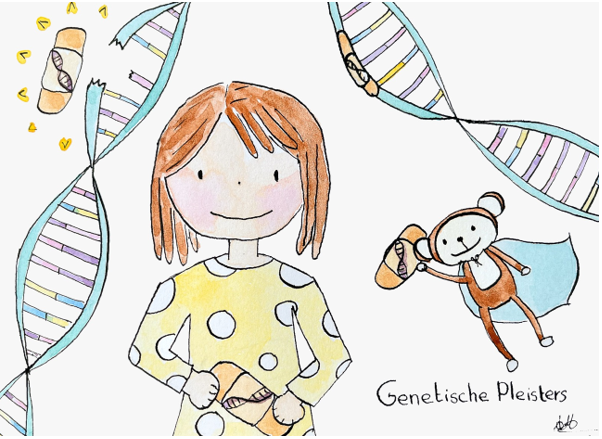
ENCORE receives €60.000 from the vASN for Angelman syndrome research
On November 23, 2024, the information day of the Association Angelman Syndrome Netherlands (vASN) took place. The members, donors and relations raised a large amount through fundraising campaigns and donations.
The ENCORE expertise centre has been presented with a cheque for €60,000 for the implementation of scientific research into Angelman syndrome.
During the annual information day, the latest developments in the field of Angelman syndrome are discussed, both in the field of (scientific) research and in the field of support in daily life.
For more information about the association, please visit https://www.angelmansyndroom.nl/.
Kick-off for SYNGAP1 study in adults!
Participate in our research and contribute to medical knowledge about SYNGAP1 syndrome!
Continue Reading
